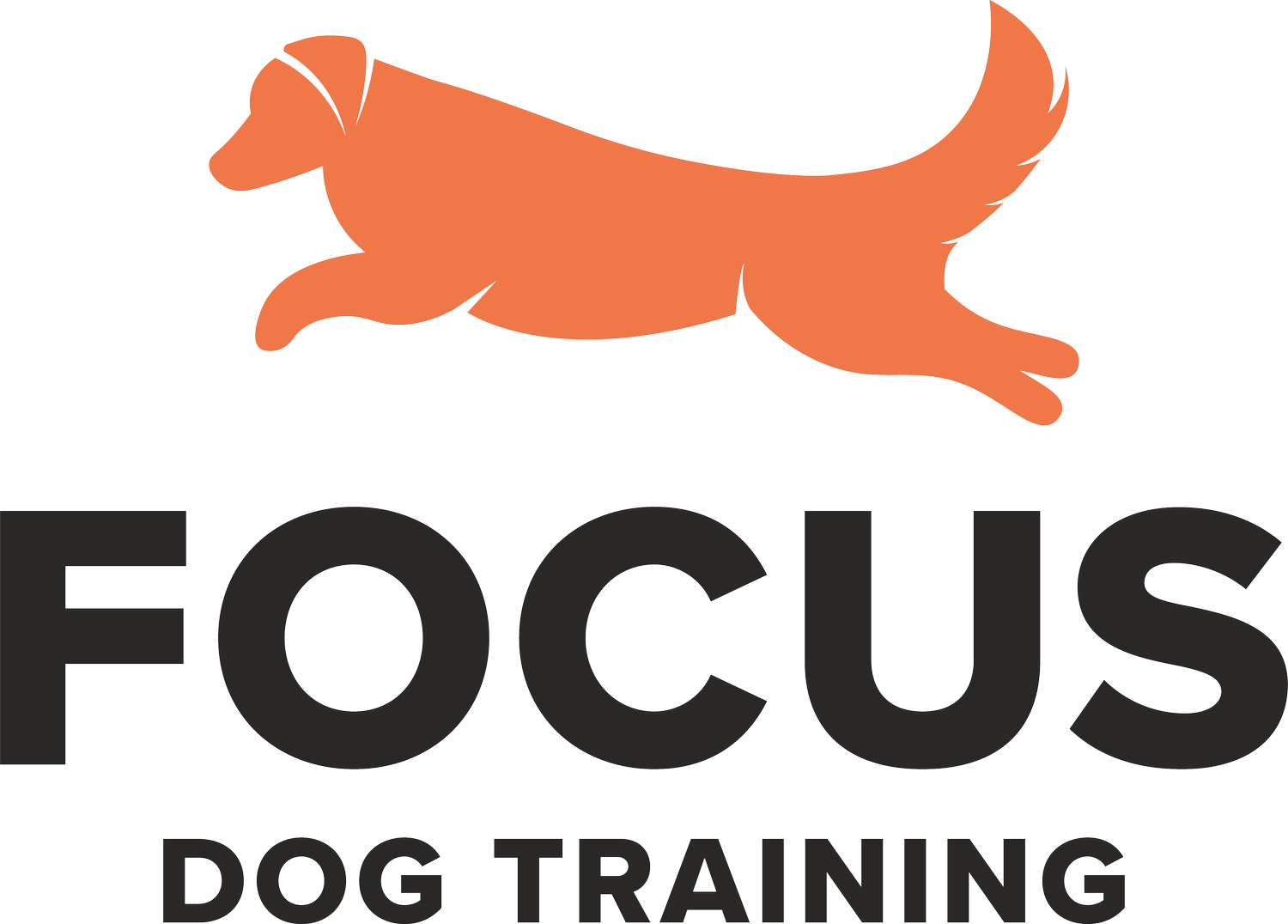The Hutch Project Part 2: Focus on Skills
“How much do we train the dog” is a topic the training world goes around and around on. But when I picked up a very scared, overwhelmed Hutch one thing was really clear: he had no idea what was going on or how to get what he wanted without flailing. He barely knew his name.
This is something I’ve observed before; fearful and anxious dogs who have very few skills. To quote Hannah Branigan, “confidence is a function of fluency”.
When we talk about dog training, we often think of behaviours like sits and downs, skills like recalls, or complicated training setups for behaviour problems. And yes, Hutch needed to learn how to sit when asked. But more importantly he needed to learn a lot of little things to help him make sense of the world and move through it with ease.
Things like stepping away from a hand if he was uncomfortable. Sniffing to calm himself down. Ways to open doors without flinging himself at them at a high speed.
How to shake off. That was a skill he had to learn.
Because I wanted him to learn more about how the world works, and because he was already very handler focused, I really focused on facilitating natural consequences.
A natural consequence is one that is the direct result of a behaviour. A child who breaks their ipad has to go without for a week while it is repaired. The flipside is a contrived consequence, something that is provided by a person to modify behaviour. A child who breaks their ipad has to do extra chores.
Hutch learned how to shake off because he really likes paddling in puddles and got cold. After a couple of rather cold walks, he started to shake off when he got out. First it was a little butt wiggle, then a full blown shake off. I’d get into it with him, cheering him on and dancing around with him.
Then, he started shaking off after his harness was put on (helpful for getting the fur comfortable), and then after passing something scary on a walk.
It’s easy to not think of things like that as a skill until you meet a dog who doesn’t do them.
The more Hutch’s skills grow, the more confident he gets and the more he can do.
Micro skills like lowering his head, and big skills like nosework and heeling. Each new thing he learns opens up a new part of the world.
He knows how doors work now, so he gets to go in and out as much as he’d like and doesn’t stress out when someone approaches one. He can do nosework with a little dog barking at him and people passing by. He turns around and looks to me if he’s scared on a walk.
I want him to have a big world, so I train him.
